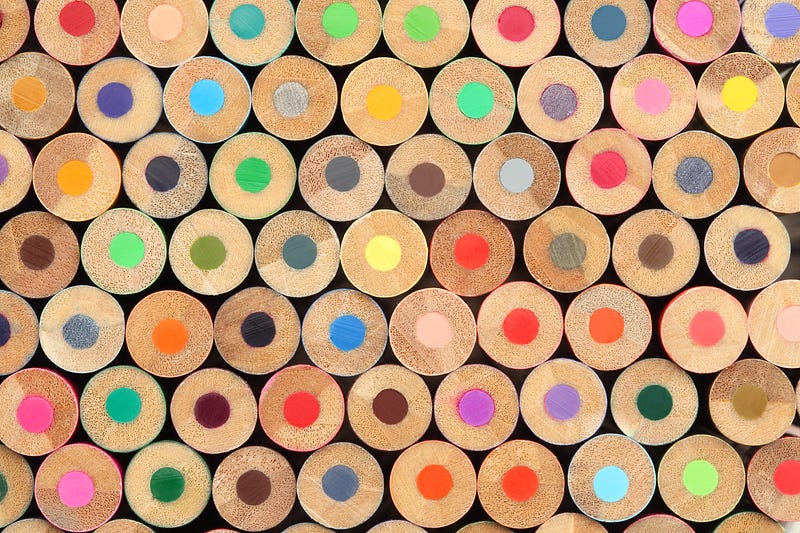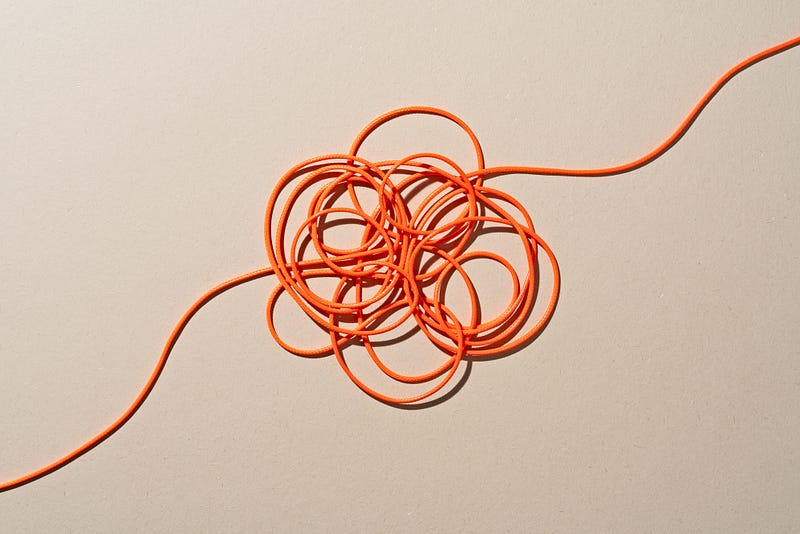How to embrace mistakes as you learn (and why you should)

Nothing hits quite like a big red “X” on our homework, or a “-5” on a test. Quite honestly, it can feel devastating. It’s easy to get discouraged, frustrated, or ashamed when faced with a mistake of our own making. It can make us feel like a total failure, like there’s no room for mistakes while learning.
But that’s actually the opposite of the truth.
On the surface, a mistake is something incorrect, like a wrong answer to a math problem. That can make us feel like we’re incapable of doing it right, so we think we’re dumb or “not a math person.” When we tell ourselves things like this, we not only damage our self-esteem, but we can quickly lose interest in learning anything at all.
That’s why we can’t just look at mistakes at their surface level.
An error is just an exploration, which means making mistakes is actually a hugely important (and necessary) part of learning.
The benefits of making mistakes
When we beat ourselves up for a mistake, we become a self-fulfilling prophecy:
I haven’t learned this.
I can’t learn this.
I won’t learn this.
It’s a slippery slope that we’ve all experienced, and it stops us from growing. Our emotions and motivation can have huge effects on our capacity to learn, so when we’re stressed and upset, we’re actually blocking ourselves from getting it.
When we look at mistakes in a different, more curious light, we start to see the opportunity of an error. What if we looked at mistakes as an invitation to go deeper?
Research shows that working through an incorrect problem can actually be a great way to reach that “a-ha!” moment — but we need to step back from the emotion of it all. When we focus on analyzing the math itself (and not how that red ink makes us feel), we can start to fit the puzzle pieces together more clearly.
A mistake gives us the chance to pause, check in, flex our critical thinking muscle, and grow. Why wouldn’t we want to take that?

How to reframe your mindset
Your instinct might be to cringe at yourself, but you can actually learn to embrace mistakes! Here are a few of our best tips to help you reframe your mindset and turn errors into explorations:
- Accept that mistakes are unavoidable: No one is perfect, so mistakes are inevitable. We may as well accept that they’re bound to happen, and we can actually learn a lot from them. It doesn’t mean you’re bad at something — it just means you’re human.
- Replace self-criticism with curiosity: It hurts our pride when we get something wrong (we get it!), but that wounded ego and negative self-talk isn’t productive. Instead, we want to approach the mistake with curiosity. Become a math detective and try to crack the case!
- Break it down: Sometimes mistakes are hiding in plain sight, and sometimes they take a little digging to find. Take your time going through the prompt, your work, and the answer. See if you can explain each move you made. See if you answered the original question. You can also try re-solving the problem without looking at your old method (a new day can mean a new mindset and a new answer!).
- Swap and sleuth: If you’re still too emotionally attached to analyze your own mistakes, try switching with a friend. Work through something they got wrong while they work through your incorrect problem, and then come back together to talk through everything. Sometimes a friend can explain things in a way that just makes sense!
- Remember it’s okay to ask for help: Ask a teacher or tutor to sit with you and go through the problem, and don’t be afraid to ask questions. They want you to learn, so there’s no such thing as too many questions.
Mistakes are what you make of them, so the next time something doesn’t go as planned, don’t immediately count yourself out. Create some distance between your worth and the problem, and remember this is just a chance to level up your understanding. We’re all human, and we all need help sometimes; not only is that okay, but it’s a perfectly normal part of the process.
Ready to explore a problem step-by-step? Photomath can help you break down every detail so you can gain clarity *and* confidence.



